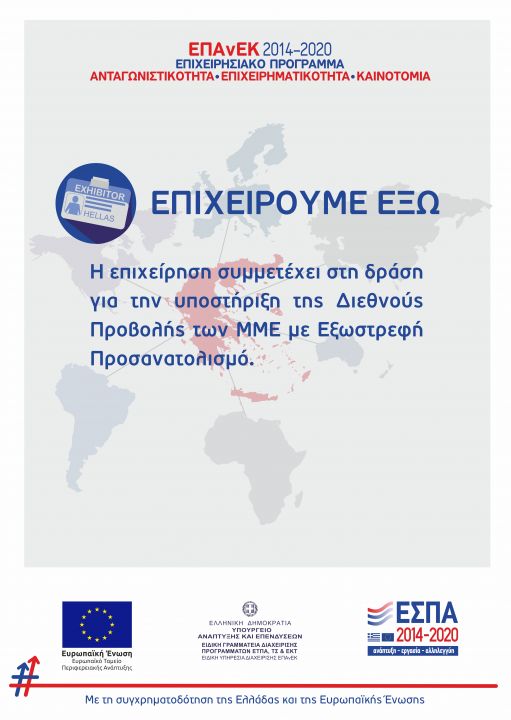About olives
Historic aspects
Did you know that:
- An olive tree leaf is mentioned in chapter 8 of Genesis when Noah finds one in the dove's beak. Then Noah knew that the water had receded from the earth.
- According to An Ancient Greek tradition, the Homeland of olives is Athens and the first olive tree was planted by Goddess Athena on the Acropolis.
- An Olive tree branch was awarded to Olympic game winner along with large amounts of olive oil
- Leafy branches of the olive tree, were found in Tutankhamun's
- Warriors anointed themselves with olive oil after bathing
- Oldest written preparation of the fruit from eating is from the first century
Olives and Health benefits
- Diverse range of antioxidant and anti-inflammatory nutrients
- Simple Phenols: tyrosol & hydroxytyrosol
- Terpenes (including secoiridoids and triterpenes): oleuropein demethyloleuropein
- Flavones
- Anthocyanidins
- Cyanidins
- Peonidins
- Flavonols
- Hydroxybenzoic acids
- The antioxidant and anti-inflammatory properties of olives make them a natural for protection against cancer because chronic oxidative stress and chronic inflammation can be key factors in the development of cancer.
Olives are a very good source of copper and a good source of iron. dietary fiber. and vitamin E.
Olives are unusual in their fat quality, because they provide almost three-quarters of their fat as oleic acid, a monounsaturated fatty acid.

In Greece, olive trees are more than just a plant, are a symbol of history, an integral part of Greek identity








